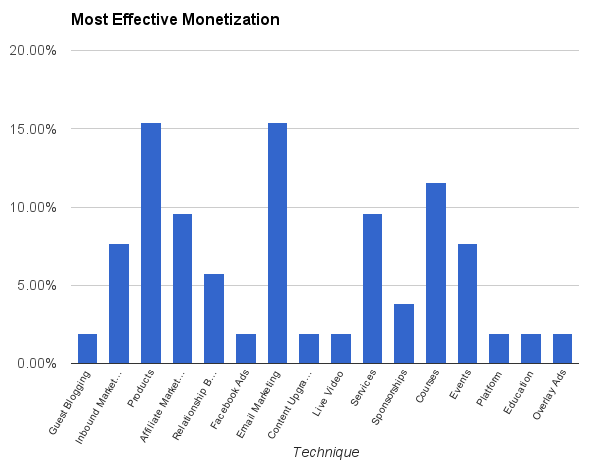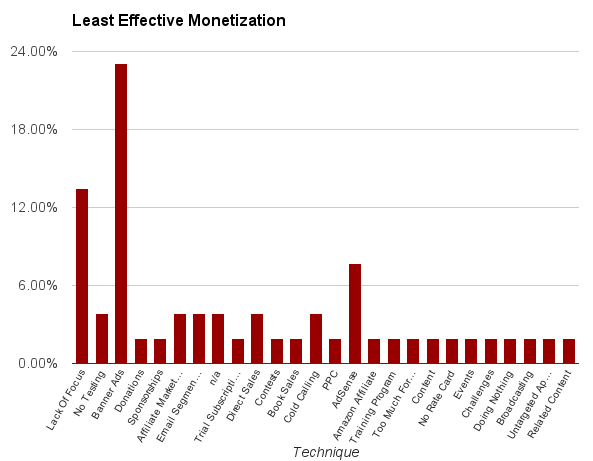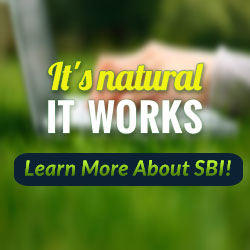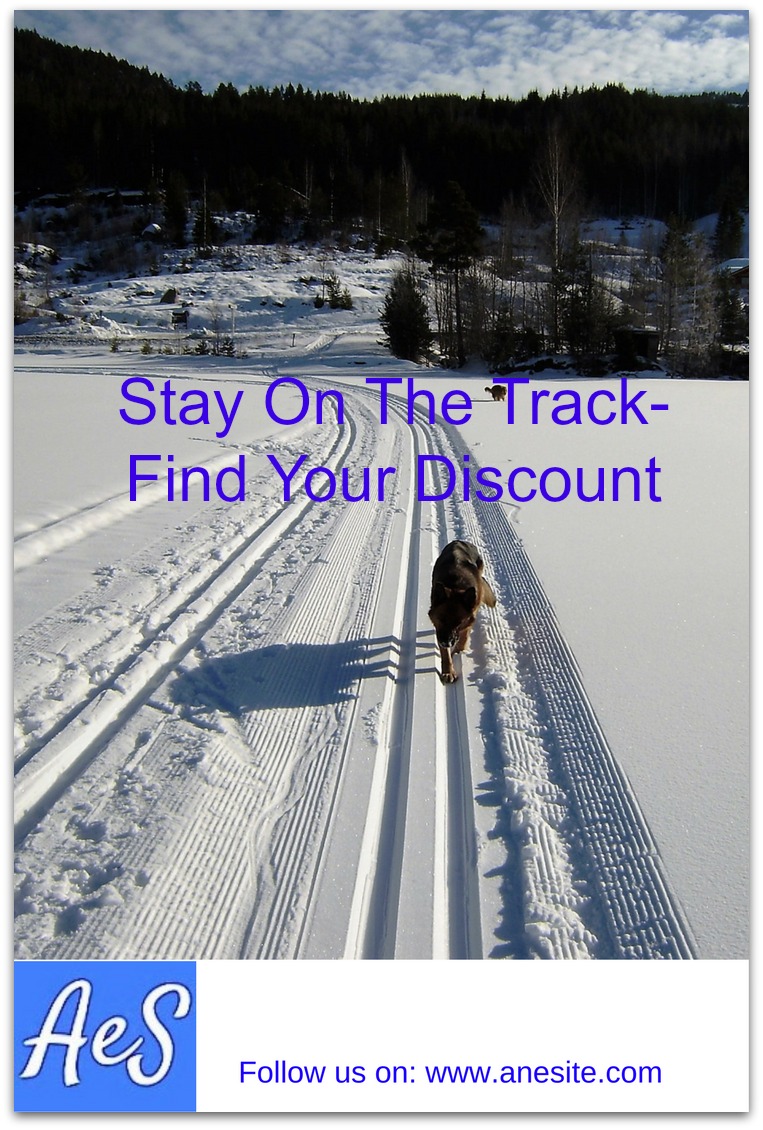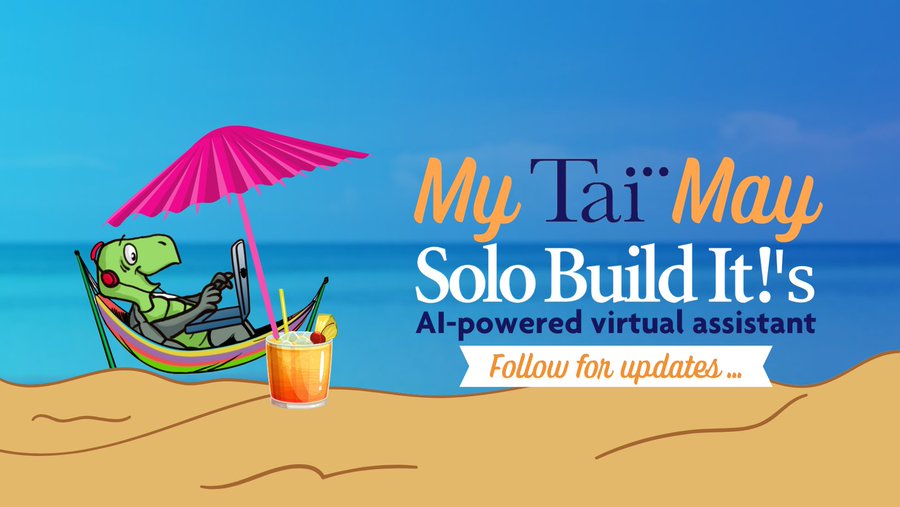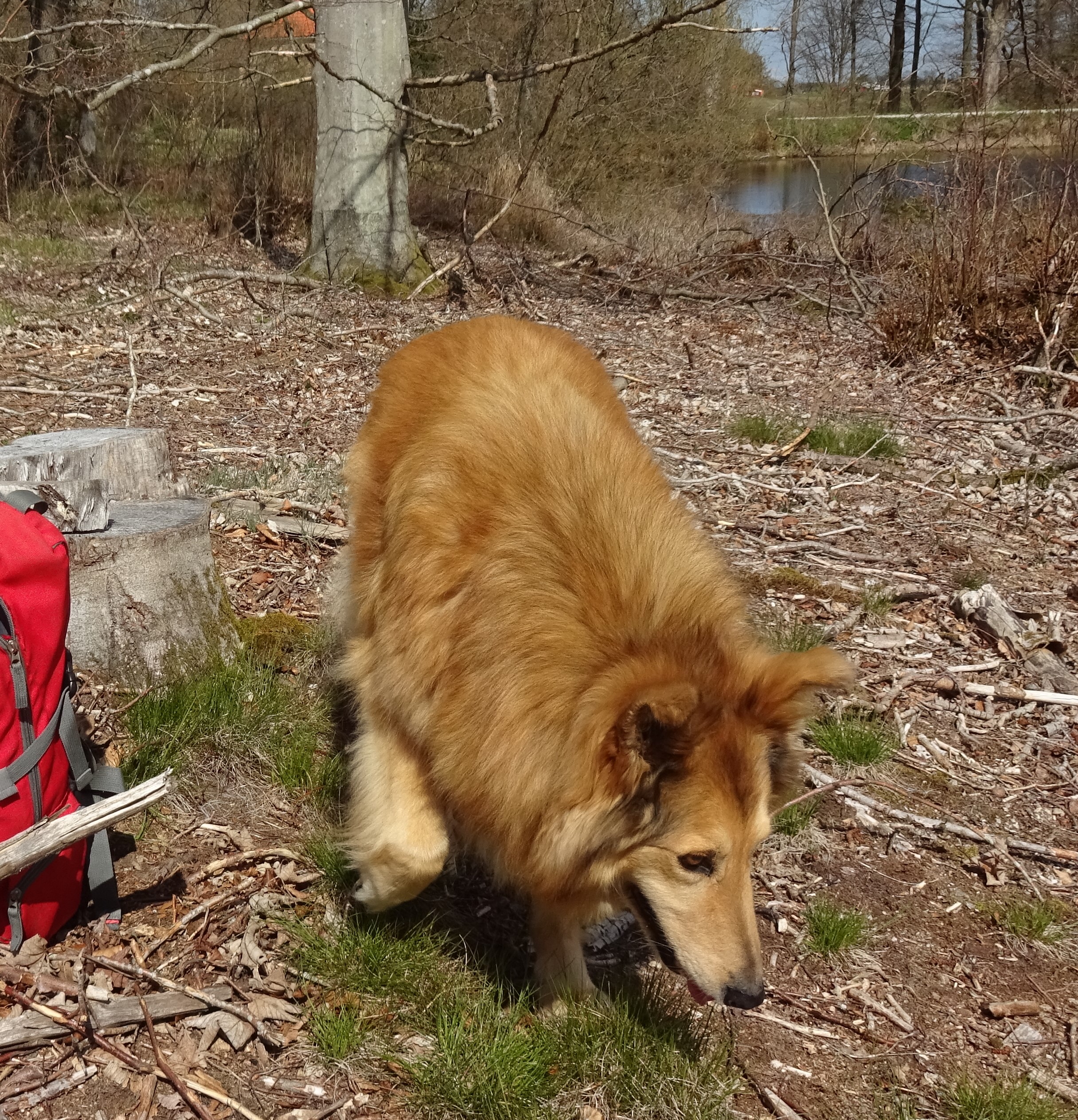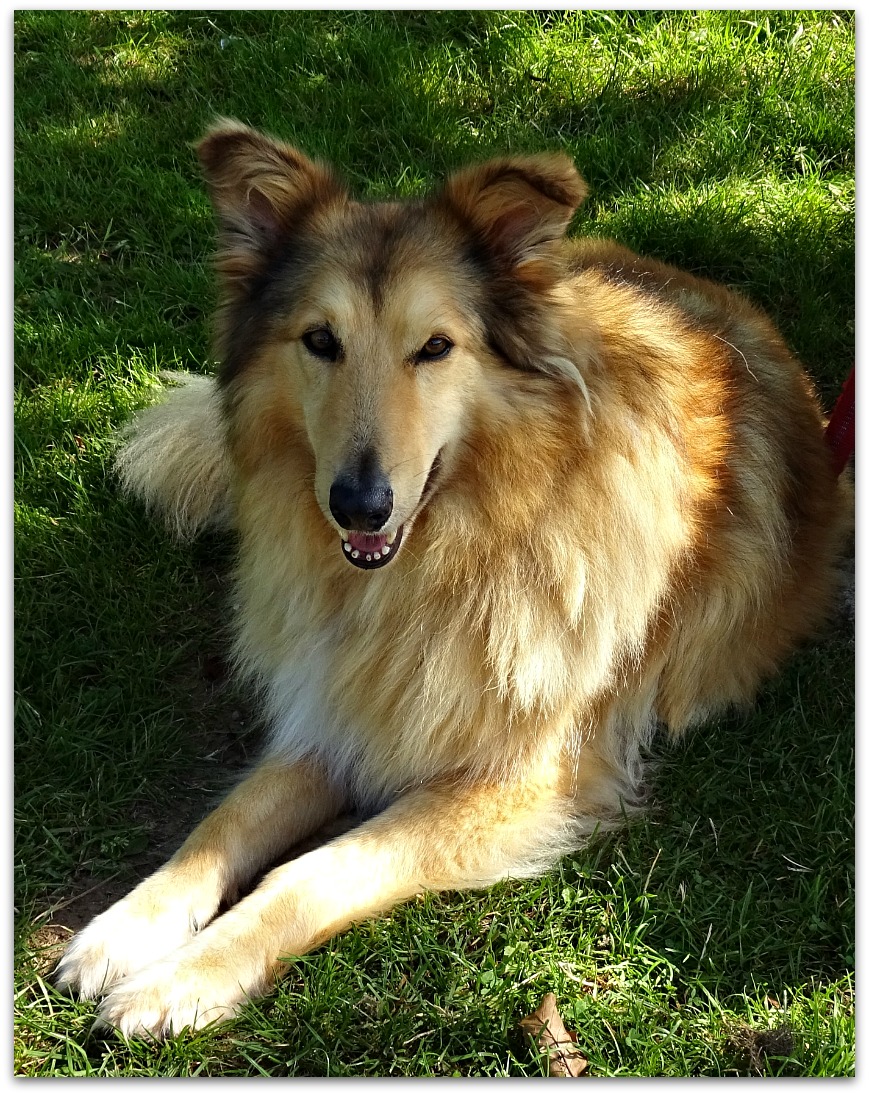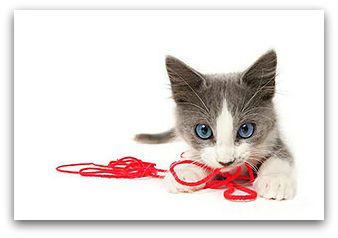Dramatically Increase The Effectiveness Of All Your Email Promotions.
Let me ask you a very important question: What are you doing
to make sure that your email promotions are getting
NOTICED, READ, AND ACTED ON by the people you are sending
them to?
I'm not talking about writing killer copy - although that's
essential - or offering a great product or service. I'm
asking how YOUR customers and subscribers know that YOUR offer
is relevant to them specifically. What is it that makes EACH
AND EVERY ONE OF THEM individually sit up and take notice of
your email promotions?
The most successful email marketers will answer these
questions without even thinking, and just about every one
of them will mention the two strategies we're going to be
discussing today: targeting and personalization.
Once you've learned how to exploit these two powerful
marketing concepts, you'll DRAMATICALLY INCREASE THE
EFFECTIVENESS of ALL your promotions.
Email Promotions Success Strategy #1: Targeting
Using e-mail to target different segments of your audience
is one of the single MOST EFFECTIVE WAYS I've found to
market products or services on the Internet. And if you've
been collecting opt-in e-mail addresses on your web site, then
YOU CAN GET STARTED RIGHT AWAY! Here's how:
The simplest way you can market to different segments of your
opt-in list is by targeting them based on whether they are
(a) existing customers, or (b) visitors to your site who have
opted in to receive your free newsletter, eBook, etc.
The message you send to your customers might focus on
selling them an upgrade to a product they already own.
BECAUSE YOU'VE ALREADY EARNED THEIR TRUST through a previous
sale, this email promotion should do quite well.
Of course, you'll need to approach your subscribers --
those people who haven't made a purchase from you yet --
from a slightly different angle. You might try offering
them a 25% discount off their very first purchase, for
example.
Here are some other techniques you can use for targeting
your customers and subscribers:
- TARGET CUSTOMERS WHO OWN A PARTICULAR PRODUCT with offers
for related or complementary products.
- TARGET YOUR BEST CUSTOMERS -- those who have made the most
purchases from you -- with a special "Thank You" promotion.
- TARGET CUSTOMERS WHO HAVEN'T MADE A PURCHASE FOR A LONG TIME
with an offer to win back their business.
- TARGET YOUR CUSTOMERS AND SUBSCRIBERS based on their
geographic location.
- TARGET YOUR CUSTOMERS AND SUBSCRIBERS based on their
expressed interests. (What kind of music they like, for
example.)
- TARGET YOUR SUBSCRIBERS with a "First Purchase Bonus Gift"
that gives first-time customers a free bonus with their
purchase.
- TARGET YOUR SUBSCRIBERS with a "Tell-A-Friend" promotion.
Offer them a free bonus for recommending your product,
service, or newsletter to their friends.
Now, you'll notice that some of these strategies require that
you know a bit more about the people on your opt-in list than
just whether they are customers or subscribers.
By collecting more specific information from the people who
are visiting your site, you'll be able to target your email
promotions in SOME VERY SOPHISTICATED WAYS. Here's an example:
Suppose your product is a book on how to buy foreclosed
properties from the bank. Your opt-in form might ask
people whether they're interested in buying property for
investment purposes or for use as their personal residence.
Armed with this information, you could send two different
email promotions targeting these two different groups. One could
outline the benefits of buying properties as investments,
and the other could focus on buying your family home at a
substantial savings.
And since you would already have an opt-in form set up at your
site to collect e-mail addresses, it would be really easy for
you to customize this form so your visitors could tell you WHY
they're interested in foreclosed properties. Your form could
read something like this:
Enter your name and e-mail address below to receive
the FREE report: "The 10 Things You MUST Know Before
Buying a Foreclosed Property!"
Name: ______________
Email: ____________
I am interested in foreclosed properties for:
__ Investment Purposes
__ Personal Residence
By targeting different segments of your audience with an email
promotion that is specific to their interests, you can
just about guarantee that your results will be dramatically
higher.
IMPORTANT NOTE: Remember that the form you use to collect
opt-in e-mail addresses has to be SIMPLE AND EASY TO USE. If
you start using this form to ask too many questions, you're
going to see a substantial decrease in the number of opt-ins
you get.
If you are going to ask your subscribers for more information
than just their names and e-mail addresses, I HIGHLY RECOMMEND
limiting yourself to ONE additional question.
I hope you can see how powerful this strategy is! It allows you
to talk to your customers -- and prospective customers -- about
things that matter to them specifically. And when you target
your offers to meet their specific needs, your response rate
will improve significantly.
And the best part is that once you've got this kind of system
in place, THERE'S HARDLY ANY EXTRA WORK ON YOUR PART.
Email Promotions Success Strategy #2: Personalization
Guess what? If you've been collecting people's names when
they opt into your list, then you've got a very powerful
piece of information. Nothing makes people sit up and take
notice like hearing -- or in this case, seeing -- their own
name.
Personalizing your email promotions is one of the most widely used
tricks in direct marketing, yet IT STILL WORKS LIKE
ABSOLUTE MAGIC.
I learned firsthand how effective this technique is a
few years ago when I decided to conduct a little marketing
experiment. I took a small list of my customers and split it
in half, then sent an email promotion to each group that was exactly
the same, with only ONE exception. The subject line of the
first e-mail read:
here's all the info you need
The subject line of the second e-mail, which had EXACTLY the
same body as the first email, had been customized to display
the recipient's name. For example:
Bob, here's all the info you need
Now, I had a hunch that the personalized subject line would do
better than the generic one. In fact, I was sure of it. BUT WHAT
I DISCOVERED SURPRISED EVEN ME! The campaign I ran with
the personalized subject line had a response rate 64% higher
than the one without!
And that was the ONLY difference between the two campaigns!
The body of the email promotion was identical in both cases, and so
was the offer. It was just that one small change in the
subject line that boosted the response by 64%!
As you can see, if you HAVEN'T been personalizing your email
promotions, now is definitely a good time to start. Can you
imagine what a 64% increase in sales and profits would do for
YOUR bottom line?
Of course, you can personalize the body of your email promotion as
well as the subject line, and you can use ANY information
you've collected about your customers and subscribers, not
just their names.
For example, let's suppose you are operating an online pet
products business, and that you know what kinds of pets
your customers and subscribers own.
Using this information, you can add another layer of
customization to your email promotions. You could start
your e-mail off like this:
Hi Susan,
I have some news that is going to make your cat extremely
happy. For the next 2 days only, a huge selection of cat
accessories are being blown out at almost 50% off the
regular price.
Putting together a campaign like this is a lot easier than
you might think! Many email promotion solutions will allow
you to easily merge your customized data into the message. The
example above would look something like this before you sent
it out:
Hi [name],
I have some news that is going to make your [pet] extremely
happy. For the next 2 days only, a huge selection of [pet]
accessories are being blown out at almost 50% off the
regular price.
And feel free to get creative and personalize your email
promotions with whatever information you've collected about
your customers and subscribers. Here are a few examples:
- CITY OR STATE -- I've got a special offer for residents of
[city].
- PRODUCTS PURCHASED -- As my way of thanking you for your
recent purchase of [product], I've got a special discount
offer for you.
- DATE OF LAST PURCHASE -- Your purchase on [sale_date]
means you're eligible for a special 50% discount off your
next purchase.
- INFORMATION SPECIFIC TO YOUR SITE (i.e., type of pet owned,
favorite sports team, type of vehicle owned) -- We've got a
very special offer for [favorite_team] fans that entitles
you to 35% off your next purchase.
The best part is that as long as you're collecting information
about your customers and subscribers, there's no limit to how
successful your next personalized email promotion could be.
And once you learn how easy it is to do, you'll be kicking
yourself for not getting started sooner!
Key Secret: Putting Both Email Promotions Strategies Together
Used individually, targeting and personalization are
powerful marketing strategies, but put them together and
look out! An email promotion that incorporates both of these
techniques -- and uses them effectively -- is truly A FORCE
TO BE RECKONED WITH!
And there are some really clever ways to target and
personalize your email promotions all at the same time
without doing ANY extra work! Here's EXACTLY how to do it:
Let's keep using the example of the pet products site. You
know that some of your members are dog owners and some are
cat owners. Assuming you have the right kind of email
promotions solution, all you have to do is put together an
e-mail that looks something like this:
Subject: [firstname], your [pet] will thank you
Dear [firstname],
I have some news that is going to make your [pet] extremely
happy. For the next three days only, we are blowing out a
great selection of [pet] supplies at huge savings!
Assuming you are using a flexible e-mail marketing solution,
you should be able to automatically merge each subscriber's
name into the [firstname] field and merge the type of pet they
own into the [pet] field. This way, you are targeting dog owners
with an email promotion for dog supplies, and cat owners with
a promotion for cat supplies.
Not only that, but you're also PERSONALIZING EACH AND EVERY
MESSAGE you send out with the names of your customers and
subscribers!
For example, many of you already know that I've just released
"My Email Manager," which will allow you to customize UP TO 100
FIELDS of data about your customers and subscribers. This level
of custom personalization simply wasn't being offered by the
other e-mail broadcast services, and that's exactly why I
insisted that it be included when I was designing this solution.
I have made sure that "My Email Manager" includes absolutely
everything, including sequential autoresponders, newsletter
management and automated scheduling, e-mail promotion management
and tracking... plus all the advanced features that the other
services just weren't able to provide for you.
And the best part is that I have designed all these features to
be extremely easy to use! Users have been raving about the
simple interfaces and step-by-step wizards that literally walk
you through every aspect of creating and managing a successful
online marketing program.
Final Email Promotions Thoughts
It's no coincidence that the most successful marketers --
both online and offline -- target and personalize their
email promotions whenever they possibly can. The reason more
businesses DON'T customize their email promotions is
because they think it takes a high level of technical
expertise to pull it off.
And while that used to be the case, technological advances
have made it really easy for even beginners to deliver
professional-looking email promotion campaigns.
These days, sending a targeted and personalized email
promotion to a large list of your customers and subscribers
isn't much more complicated than sending a message to a
friend. You just compose your e-mail, select who you want
to send it to, and hit "Send."
Once you see how easy it is, you'll be able to dramatically
boost your sales and profits by always sending out email
promotions that are targeted, personalized, and relevant.
Your customers and subscribers will appreciate the effort,
too! It will let them know that your business is really
paying attention to them on an individual level -- and
believe me, THAT'S GOING TO BE GREAT FOR BUSINESS!
|
|
What
Has Been Your Most Effective Monetization Technique, And Why?
Anytime
I have been able to create a one-to-one relationship with another brand and
push forward with a marketing and monetization plan, that’s been the most
lucrative.
Now,
this is beyond just being an affiliate. I’ve spent incredible amounts of time
creating articles designed to promote great products and services that I’ve
enjoyed and want to share with my audience - and those have done OK.
But
they pale in comparison to the times I’ve been able to work directly with a
brand’s CEO or Marketing Manager and partner with them in the form of sponsored
content, webinars, or even brand evangelism.
Those
are the kinds of deals that certainly require a history of proven site traffic
and social engagement, but once you build up your brand to that level, it’s a
lot of fun and very profitable.
That’s why I’m looking forward to using Trafeze to generate more relationships along those lines.
What
Has Been Your Least Effective Monetization Technique?
I’ve
deliberately experimented with a lot of monetization techniques,
particularly passive ones, so there have been quite a few that have resulted in
terrible returns.
AdSense
has never been fantastic for me, but there have been far worse techniques.
As
a category, for me, the least effective monetization techniques have been
“Related Content” — widgets that usually appear below existing articles on my
site and recommend other (external) stories my readers might be interested in.
It’s
a great concept, and I know it works well on larger, mainstream sites like
CNN.com, but on my site the recommendations have always been too
off-topic. Instead of showing 8 business- and marketing-related articles, the
widgets include stories about celebrities, weight-loss, and other uninteresting
content.
And
so, not surprisingly, my readers don’t click on the articles. One service I
tried, Nster, ran for about 3 months and resulted in approximately $0.06 in
earnings. Six cents! That’s on a site that gets about 50k readers a month.
The
silver lining here was that it underscored for me the importance of matching
your monetization techniques with your target audience and content topics. The more inline they are, the more effective they will be.
Monetization Analyzation
There
you have it. Over 50 pieces of advice and anecdotes from some of the best and
brightest blogging minds on the planet.
First
of all, if you’ve made it this far, congratulations! You’ve just read a
master’s course on monetization, and you’re full of ideas and excitement for
where your blog or business will be heading.
To
help with your takeaways, we wanted to review some of the key points that were
mentioned, and do a little analysis on the resulting answers. Ready?
Most Effective Monetization Techniques
Now,
as we mentioned earlier, these experts represent a wide array of bloggers and
online businesses, all of them with their own goals and models. “Monetization
techniques” therefore had different meaning to each.
Here’s
how the answers for “Most Effective” played out:
Most
of the experts cited Products, Email Marketing or Courses
as their most effective technique for monetization.
What’s
interesting is that for information-based businesses, it’s easy and natural to
combine all three of those, isn’t it?
A
course, technically, is a product, and once you’ve developed an email list of
interested subscribers, you can market and monetize that course. That’s
something that Tor Refsland talked about, specifically.
He
said that he pre-launched his course by inviting interested people to
subscribe, surveyed them, then built both a free course (as promised) and a
more advanced course that was fee-based.
As
you read and re-read the techniques outlined above, it’s that kind of synergy
that you want to look for. Combine multiple techniques and approaches to create
revenue streams that are lucrative and sustainable.
Least Effective Monetization Techniques
As
for least effective, well, that wasn’t even close.
Nobody
likes banner ads.
I
did find the recurring theme of Lack of Focus particularly interesting.
It’s something we talk about a lot within the SBI! Action Guide, and I’ve
mentioned before as part of the Blogger’s Mindset.
Businesses
and bloggers have to be focused. They have to do their homework and make sure
that they’re reaching the right niche with the right information or product at
the right time. The same is true with your monetization strategy.
I
hope that these suggestions from an incredibly diverse and successful group of
marketers, business owners and content creators will help you achieve
the kind of focus and improved monetization you deserve.
I encourage you
to have this entire resource emailed to you for further study.

